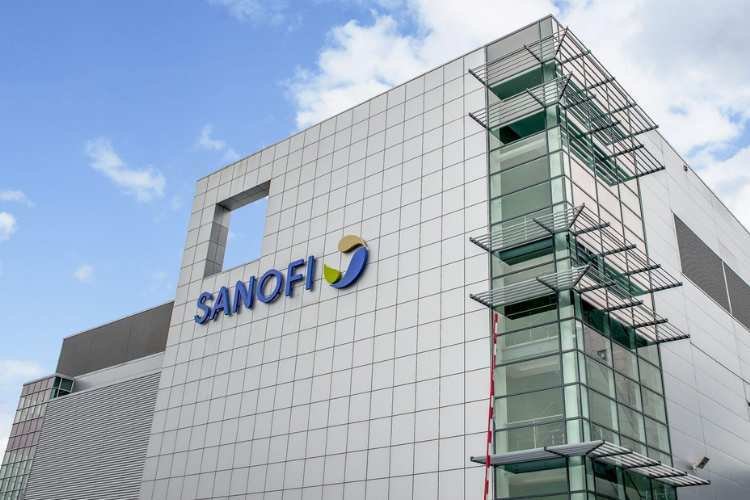First Wave BioPharma has seized an opportunity from Sanofi to revive a long-dormant molecule, capeserod, by paying an upfront sum of $500,000 in a deal that grants Sanofi the right of first refusal to repurchase the asset. Capeserod’s phase 2 clinical trials for Alzheimer’s disease and urinary incontinence were halted nearly two decades ago, but First Wave is now resuscitating the compound, armed with safety data from over 600 patients, with plans to reposition it in the realm of gastrointestinal disorders. The biotech intends to initiate clinical trials for capeserod in the coming year.
First Wave’s decision to repurpose capeserod is founded on “AI-empowered analyses” that suggest its mechanism of action holds promise for various gastrointestinal disorders. These potential applications encompass “multibillion-dollar markets” characterized by significant unmet medical needs, according to First Wave.
Capeserod functions as a selective partial agonist of 5-HT4, a target that has long been associated with gastrointestinal health. Over two decades ago, a clinical trial demonstrated that another agonist of this target, prucalopride, accelerates gastrointestinal and colonic transit in constipated patients, and subsequent research has built upon this foundation. By paying an upfront fee of $500,000 to Sanofi and offering up to $281 million in milestone payments, First Wave has gained the opportunity to investigate capeserod in these novel indications. The majority of these milestones, specifically $235 million, are contingent upon commercial achievements, while the remainder is tied to development and regulatory successes. As of June, First Wave had $1.2 million in funding, but it subsequently raised an additional $2.1 million through a public offering.
In the past year, investor confidence in First Wave BioPharma has dwindled as doubts have surfaced regarding its formulation of adrulipase. This decline in confidence has caused the company’s stock price to plummet by 98%, reaching just 44 cents. First Wave has positioned adrulipase as a safer alternative to AbbVie’s Creon and other pig-derived pancreatic enzyme replacement therapies, but it has faced setbacks in clinical trials.





























